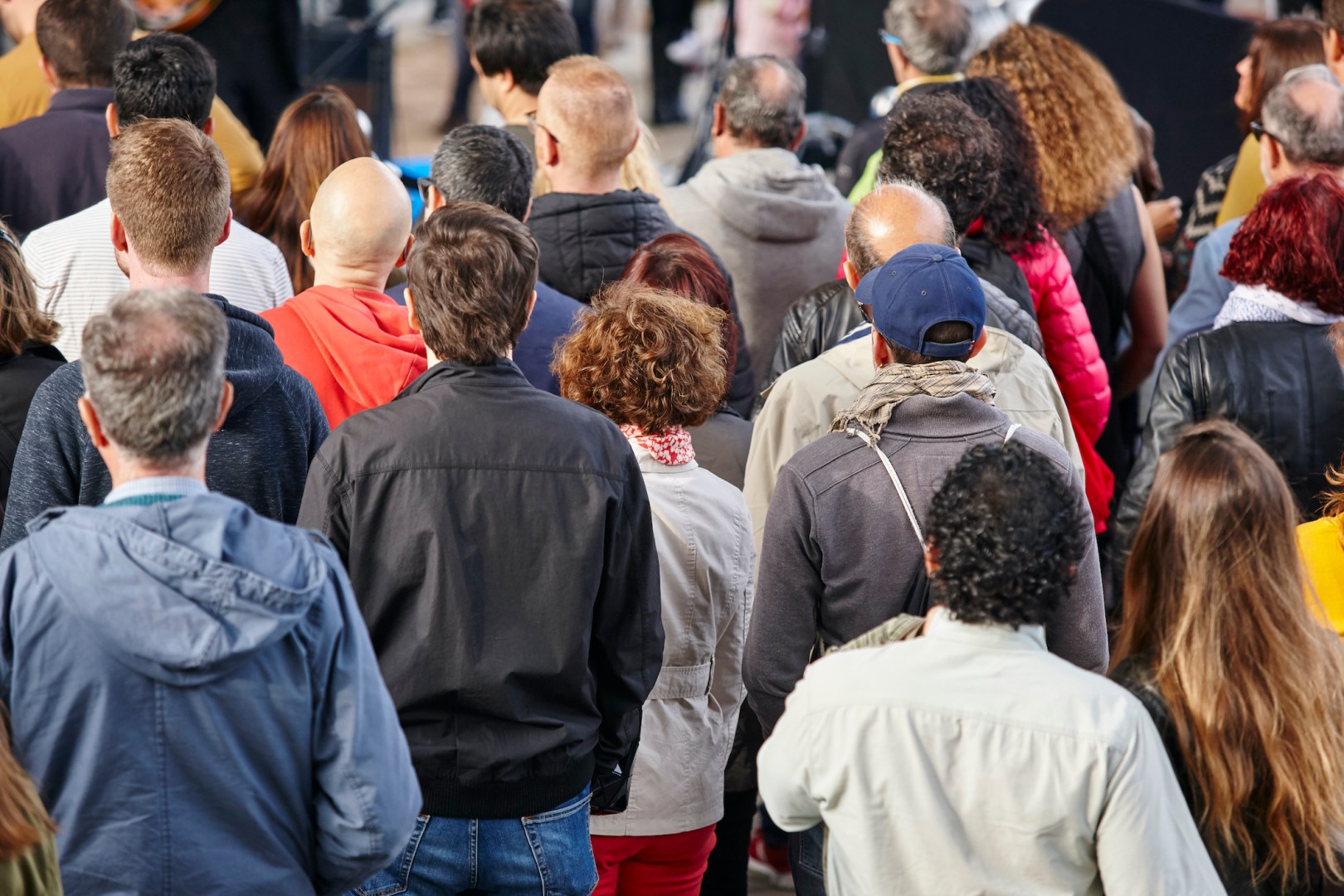
Commentary
-
Our commentary partners will help you reach your own conclusions on complex topics.
Okay, let’s talk about something that truly impacts policy. It impacts the way we manage, supervise and even regulate relationships. It permeates in political, government, private, public, is everywhere. I’m talking about implicit bias. Now I’m going somewhere with this don’t tune out. Before you hear all of the explanation. The reality is being implicitly bias is not evil. It is human. As a matter of fact, every human being that develops to a particular social reality will, in fact, develop implicit bias. Let me put it to you another way. Instead of utilizing the terminology, implicit bias, let’s call it preference, do you have a preference? That means you have a bias? Okay? Do you have a preference? And you’re not quite sure why you have that preference? Why you either like or don’t like a particular thing? That’s called implicit. Okay? You are not aware of where it came from talking about the reason for your preference. Implicit bias works exactly the same. You see, our subconscious mind analyzes 11 million thoughts a day. But our conscious mind can analyze roughly 40,000. What does that mean? That means that our entire day, we are engaged in a mental exercise of implicit bias, everybody. Now, how does it connect to policy? Well, policies are created by people, all people have implicit bias? What about law enforcement or law enforcement, they engage communities and many times they engage these communities with either hyper aware bias, meaning they are aware of their own bias, or they are not. You see, both are very dangerous. Why would we want to eliminate programs that actually would start addressing the issue of the underlying prejudice, that leads to bad behavior from government employees, police officers in particular, you see, implicit bias was never something that should have become a political issue, because it is not. I have implicit bias, you have implicit bias, when these biases start to adversely impact the societal construct around us, that’s when the biases need to be checked. Because the reality is, if you do not check the implicit bias that you do have, that implicit bias will end up checking you. And by extension, it will adversely impact the society your community deserves better. My community deserves better. I’m not saying you need to agree with me in everything that I believe. I’m just saying, we should all agree that being prejudice, that being bias against a particular individual, because of our own preferences, is not a good way to run a company is not a good way to run a government and frankly, is not a good way to live. So let’s deal with it upfront, rather than creating policies to make it illegal to teach diversity, inclusion and equity. Let’s talk about it from a common sense standpoint. Do you think you have implicit bias? Let me save you the trouble? The answer is yes, you do have implicit bias. You have implicit bias just as easily as you have the ability to be angry, or to be happy, to be sad or to experience joy. You see, these things are not debatable. These are facts about the human journey. So let’s treat it as a true human experience that basically everyone experiences on some level and deal with it from that
-
Don’t fall for GOP’s cheap racist attacks on Kamala Harris
Republican rhetorical attacks on Vice President Kamala Harris, the leading Democratic candidate for president, escalated as soon as President Biden announced that he was stepping back from the election. Many Republicans accused Harris of being “a DEI hire” and indicated that she only got her position because of her skin color or gender, not her…
-
Violent rhetoric in politics amplified by Republican leaders
In the wake of the attempted assassination of former President Donald Trump, some Republicans were quick to blame Democrats for the attack, linking it to “incendiary rhetoric” about Trump. One recent example cited by his supporters is President Joe Biden’s comment: “It’s time to put Trump in the bullseye. He’s gotten away with doing nothing…
-
America is in trouble
President Biden’s debate performance drew a variety of reactions from Democrats, with some calling for him to step down, others saying that he should support another candidate, and some still insisting that Biden remains the best choice. Meanwhile, the U.S. Supreme Court expanded presidential powers and criminal immunity in its Trump v. United States decision…
-
Americans deserve younger candidates, better ideas
On March 7, President Joe Biden delivered a well-received State of the Union address, speaking clearly and in detail about the challenges that the nation must confront. Less than four months later, on June 28, a very different-looking president took the stage to debate Donald Trump. In both speech and physical appearance, this Biden suddenly…
-
Time for Christian evangelicals to part ways with Trump
As former President Trump vies for another shot at the White House, one loyal demographic he is counting on is white Christian evangelicals. More than 80% of evangelicals backed Trump in the 2020 election, and after endorsing a Louisiana law requiring the Ten Commandments to be displayed in public school classrooms, he’s gearing up for…
Latest Stories
-
 U.S. Department of Defense
U.S. Department of Defense
Congress still trying to figure out how to reduce wasteful military spending
-
 DVIDS
DVIDS
US Navy, Air Force making waves with new weapons at RIMPAC
-
 Getty Images
Getty Images
Israeli PM Netanyahu meets with Trump at Mar-a-Lago
-
 Getty Images
Getty Images
Growing US nuclear power resurgence reaches the nation’s heartland
-
 Getty Images
Getty Images
Beer from the sun, other solar thermal projects get government funding
Popular Opinions
-
In addition to the facts, we believe it’s vital to hear perspectives from all sides of the political spectrum.
Latest Opinions
In addition to the facts, we believe it’s vital to hear perspectives from all sides of the political spectrum. We hope these different voices will help you reach your own conclusions.
The opinions published in this section are solely those of the contributors and do not reflect the views of Straight Arrow News.

















Latest Commentary
We know it is important to hear from a diverse range of observers on the complex topics we face and believe our commentary partners will help you reach your own conclusions.
The commentaries published in this section are solely those of the contributors and do not reflect the views of Straight Arrow News.
Peter Zeihan
Geopolitical StrategistHow future generations could shift US support for Israel
Why election of European Commission president is so important
Protests in Bangladesh signal more trouble ahead
Dr. Frank Luntz
Pollster and Political Analyst‘I don’t know’: Swing voters debate who best to replace Biden
‘Mad as hell’: Americans vent anger, frustration over politics
‘On death’s door’: Undecided voters react to first debate